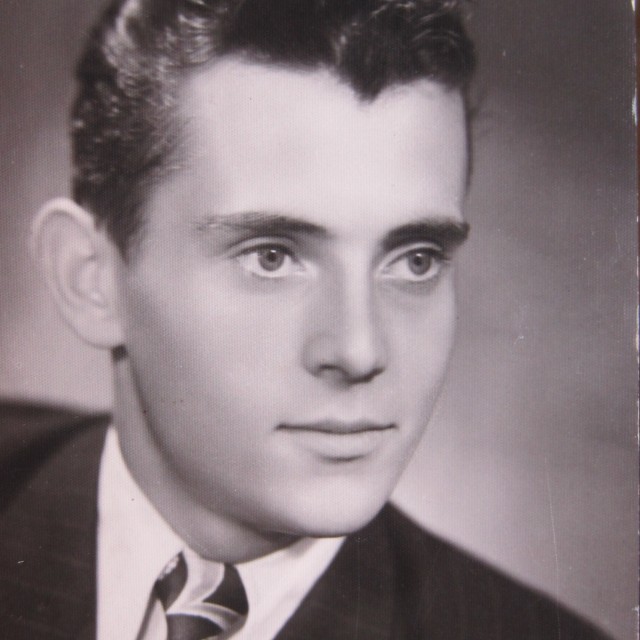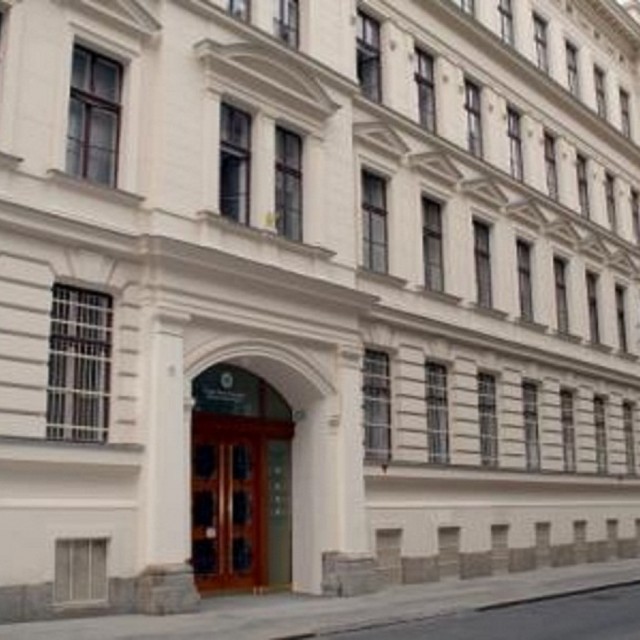Up to my knees in shit
In October 1953, they arrested Rudolf Mrázek for being part of the resistance group SODAN, and took him to the State Security prison on Příční Street, Brno. He was nineteen years old at the time ,and he remembers how his life turned on end in a single moment. “It was very rough the first few days following the arrest. I had a busy life, two loves I was dating, football, theatre; I lived a merry student’s life. Suddenly I was torn from that and thrown into a hole. There was a secret police station on the corner of Příční and Bratislavská Street, and it had terribly deep cellars. At least eight meters. It was awful. Those were the worst days of my life. Coming to terms with the fact that the life I knew was gone... The investigation was all scaremongering: ‘This’ll be the gallows. You’re saboteurs, you wanted to wipe out the whole nation.’ ” The prisoners inside the prison at Příční Street suffered in the disastrous cellar environment. “The cellars were located even lower than the city sewers, the River Ponávka, and the septic tank. The Ponávka flooded over into the city sewers, leaked through into the septic and then spilled out from the squat toilets and into the cells. The cells were full of the filth for two days, and we were living in it. When the water subsided, we had to shovel the stuff out. We had to scrub the floor every day, but the straw mats were sodding wet with shit. I had a read of the newest newspapers – they came in with the rest. And then came all the creepy crawlies, the centipedes, the pill bugs,” Rudolf Mrázek remembers. He spent the next sixteen years in prison.
Hodnocení
Hodnotilo 0 lidí
Routes
Not a part of any route.
Comments
No comments yet.






